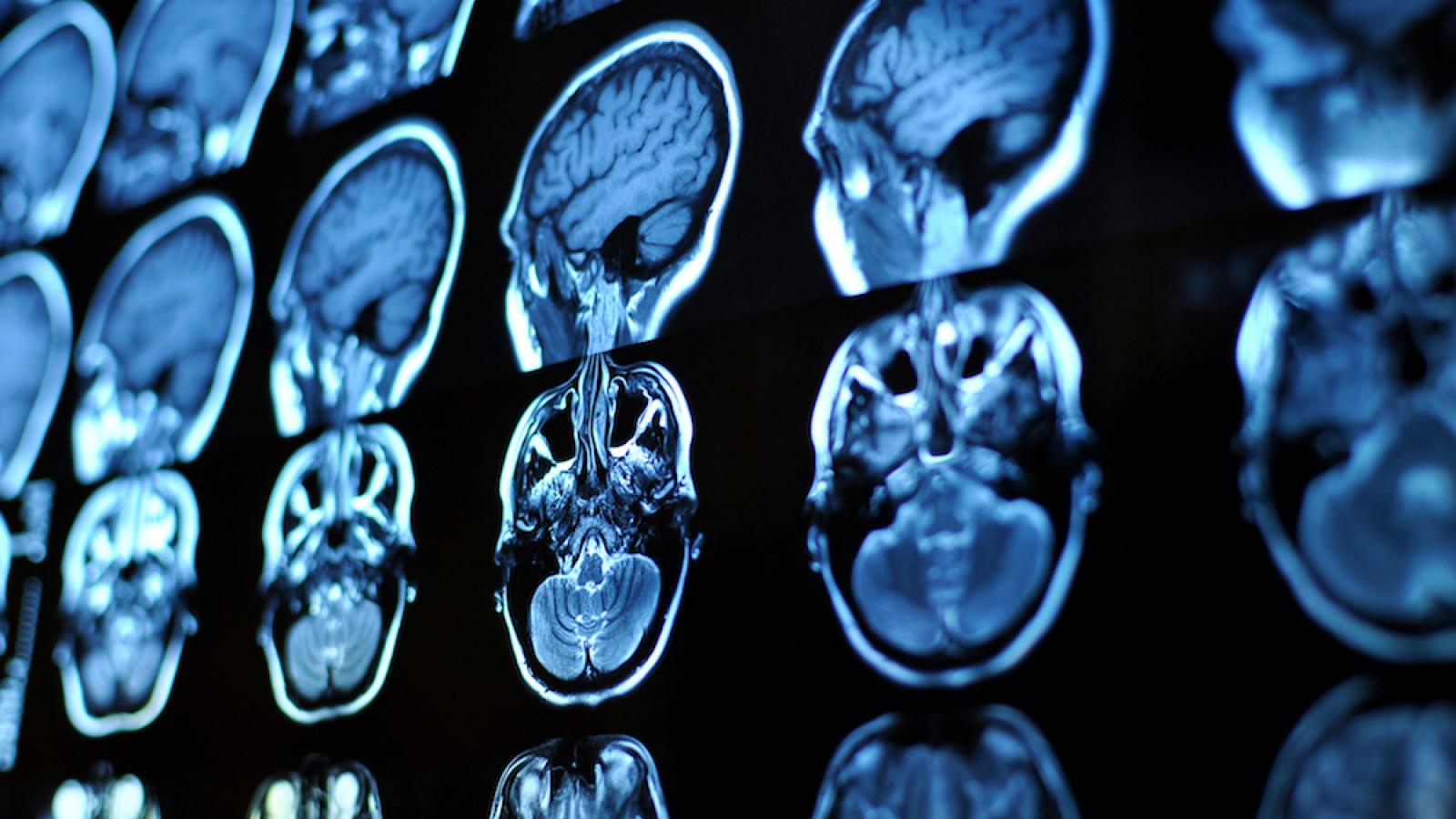The UK Dementia Research Institute applauds the government’s new Life Sciences Vision and the role that life sciences research will play in the future of the UK.
With a foreword from Prime Minister Rt Hon Boris Johnson, the Office for Life Sciences today released a new 10-year plan that outlines seven critical healthcare aims that government, industry, the NHS, academia and medical research charities must address together, including ‘improving translational capabilities in neurodegeneration and dementia’ to bring treatments to the clinic faster.
The UK DRI drives discovery science: it’s the ideas and knowledge from our 600 bright researchers that will be taken forward and translated into treatments. We are thrilled to see technologies, genomics and talent as key areas in the new Vision, echoing some of the key approaches we’re taking to tackle dementia.
Dr Adrian Ivinson, UK DRI Director, Operations said,
“Launched in 2017 the UK DRI is the UK’s largest programme devoted to solving dementia. Our focus on discovery and translation science, early-stage development of diagnostics and treatments, and the development of a new generation of technology to support those living with dementia puts us at the heart of the new Vision.
“Hand in hand with our collaborators at Dementias Platform UK, the NIHR Dementia Translational Research Collaboration, the Dementia Discovery Fund and our many industry and charity partners, we look forward to working with government to drive the economic, social and health benefits associated with this crucial work.”
In the Vision, dementia is highlighted as the leading cause of death in the UK, with an economic cost of over £25bn per annum, set to grow with ageing populations across the world. Coming on top of the government’s pledge to double spending on dementia research, we see the new Life Sciences Vision as an exciting opportunity to give dementia research the push that will deliver '…more new products into the clinic, and ultimately, into patients who have no other treatment options.'
The Vision’s overarching ambition of ‘improving translational capabilities in neurodegeneration and dementia’ is set to:
“Build on the existing dementia research ecosystem and partner with industry and academics to accelerate the pace of translational studies into novel dementia treatments, focussing on filling the dementia knowledge gap, identifying new therapeutic opportunities, target validation, new diagnostic, prognostic, and treatment biomarkers, and supported by novel trial design and adaptive license strategies.”
Vision for Life Sciences in the UK
Seeing dementia top of the agenda is very promising as we take on this enormous challenge.UK DRI DirectorProf Bart De Strooper
The core components of the mission will be:
· Translational science capabilities – to complement the UK DRI’s successful hub and spoke structure, a new translational research model will be established ‘focused solely on target validation, taking novel molecules into the clinic.’
· Regulation – The UK’s Medicines and Healthcare products Regulatory Agency (MHRA) will work to be ‘the most innovation-friendly regulator in the world’ with initiatives including ‘utilising clinical trial regulation to support earlier patient access to new treatments and technologies’.
· Ecosystem Join-Up – ‘Ensuring that new Translational research capacity is fully aligned with existing programmes and funding, including the Dementia Research Institute and the Dementia Ecosystem consortium already founded by the Institute.’
On the Life Sciences Vision, UK DRI Director, Prof Bart De Strooper, said:
“The new Life Sciences Vision is an ambitious plan of action demonstrating UK leadership in health sciences and is a huge motivator for the UK Dementia Research Institute. Seeing dementia top of the agenda is very promising as we take on this enormous challenge.
At the UK Dementia Research Institute, we are making discoveries at speed and our work fuels the pipeline to turn our knowledge into treatments. We look forward to working with the government, in alignment with this new strategy, to make these ideas a reality so together we can be a science superpower that saves lives.”
For more information, please see the Life Sciences Vision Press Release and Life Sciences Vision
(‘Improving translational capabilities in neurodegeneration and dementia’ can be found on page 46 of the document).
Article published: 7 July 2021
Banner image: Alina Bratosin/Shutterstock.com
